At the University of Birmingham we are working to understand the impact of climate change on the planet and its people, to improve air quality, and developing new technologies to decarbonise energy and transport in partnership with industry and government.
Investing in our campus to become net-zero will create the smartest energy campus in the world. This will create a dynamic living laboratory environment allowing transformative, collaborative approaches in energy generation, energy systems management, social behaviour and big data to be developed and deployed.
Our path to net zero
Creating the world's smartest campus
The University's ongoing partnership with Siemens will, among other projects, create the smartest university campus in the world. The strategic partnership between the University of Birmingham and Siemens is focussed on collaboration in areas such as smart infrastructure, mobility, energy and health.
Most recently, the partnership is helping us to achieve our carbon neutrality roadmap by deploying specialist technology to create a digital twin of the campus energy system to identify the optimal pathway to net zero.
This will be achieved by combining digital sensor and analytic technologies, artificial intelligence, decentralised energy generation and storage, renewable energy and concepts that help change users’ behaviour. This will transform the University’s Edgbaston and Dubai campuses into the world’s smartest global campus, creating a ‘Living Lab’ where research, teaching and learning all benefit from access to new data and connectivity.
Find out more about the UoB smart campus project
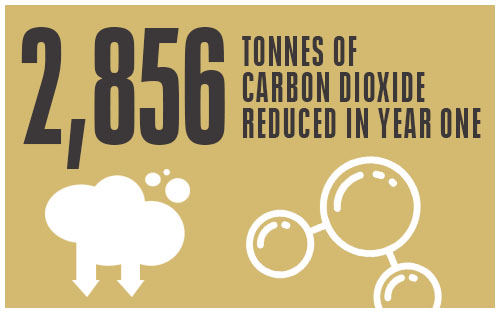
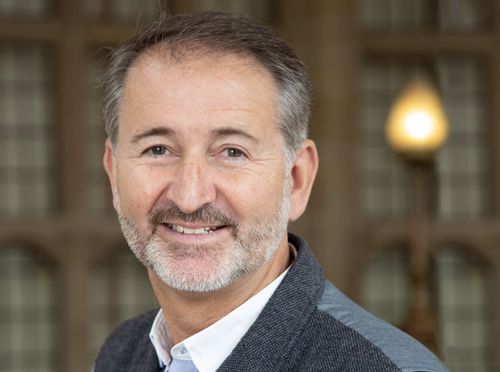
The Smart Campus will facilitate many of the University's strategic objectives, including a pathway to Net Zero Carbon, development of a Living Lab for research, industry collaboration and teaching, and the creation of a campus where data drives decision making, and research collaboration is enabled by better utilisation of space.
Trevor Payne, Director of Estates
Transforming clean energy innovation
Tyseley Enery Park
Located in East Birmingham, Tyseley Energy Park’s mission is to transform clean energy innovation in Birmingham and the West Midlands by stimulating and demonstrating new technologies and turning them in to fully commercially-viable energy systems that will contribute to Birmingham’s commitments to reduce CO2 emissions by 2030.
Find out more about Tyseley Energy Park
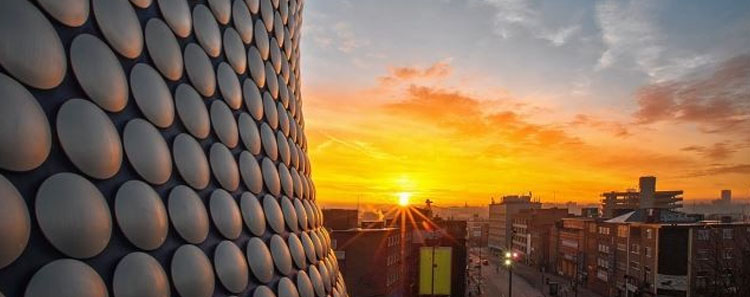 Birmingham Energy Institute
Birmingham Energy Institute
Birmingham Energy Institute (BEI) is developing and applying the technological innovation, original thinking and new ways of working required to create sustainable energy solutions and support the regional, national and global transition to a zero-carbon energy system.
Find out more BEI
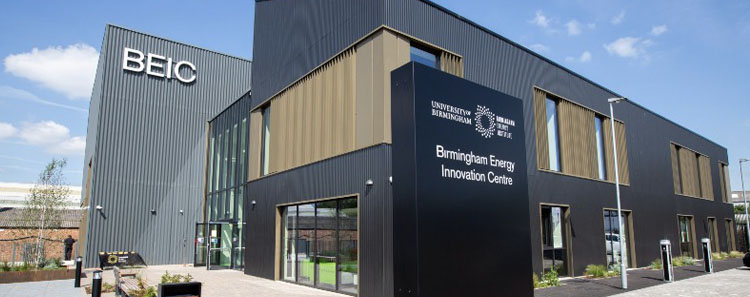 Birmingham Energy Innovation Centre
Birmingham Energy Innovation Centre
The £8.5m Birmingham Energy Innovation Centre (BEIC) is designed to promote innovation in waste, energy, and low carbon vehicle systems. Funded by the Greater Birmingham and Solihull LEP, the BEIC will help deliver a greener and cleaner ecosystem for Birmingham and the West Midlands.
Find out more BEIC
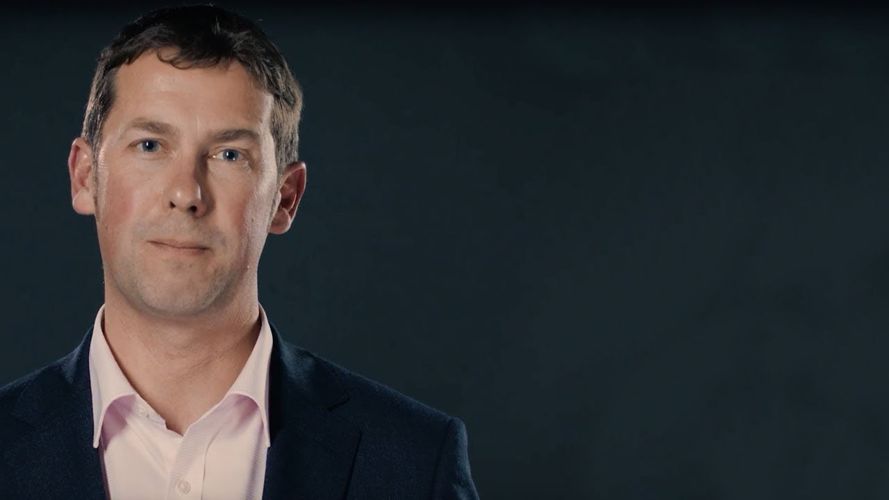
Improving air quality will bring direct health benefits to millions of people, reduce direct and indirect economic costs and enhance quality of life across the West Midlands. WM-Air will bring together the latest environmental science from air pollution, health and economic research experts, to support policy makers, key industry bodies and businesses to help reduce the impacts of air pollution in the region, and support clean growth.
Professor William Bloss, Professor of Atmospheric Science
Game Changing Research
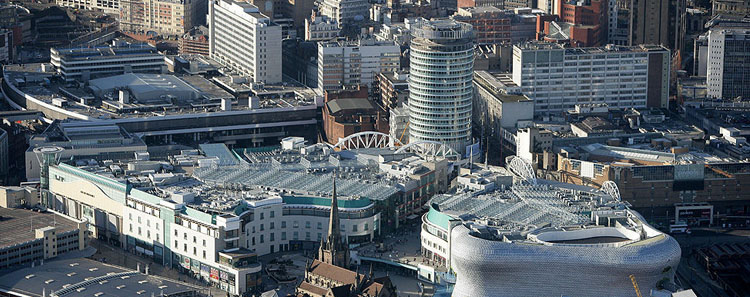 WM-Air – the West Midlands Air Quality Improvement Programme
WM-Air – the West Midlands Air Quality Improvement Programme
Air pollution in the West Midlands affects some 2.8 million people and is responsible for economic costs of several hundred million pounds per year. Air quality is therefore a key priority for local and regional government, and for the health and wellbeing of the region’s population. WM-Air is providing new understanding of pollution sources and levels in the region, and new capability to predict air quality, health and economic impacts of potential policy measures.
More about WM-Air
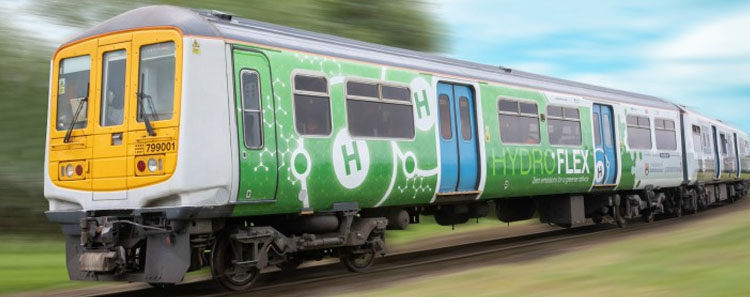 HydroFLEX
HydroFLEX
At COP26, the Birmingham Centre for Railway Research and Education demonstrated the hydrogen fuel technology that powers HydroFLEX, the UK’s first mainline-approved hydrogen-powered train. The technology, (developed in partnership with Porterbrook and funded by Innovate UK, the UK’s national innovation agency), converts air into electricity and water, with batteries providing traction power to the train. The fuel cells are emission-free and generate clean electricity to propel the train.
More about HydroFLEX
Find out more about how we are promoting #GameChangingBusiness
Working with business at Birmingham 2022